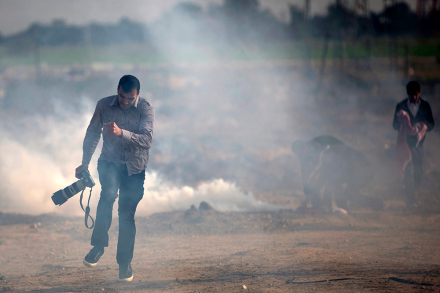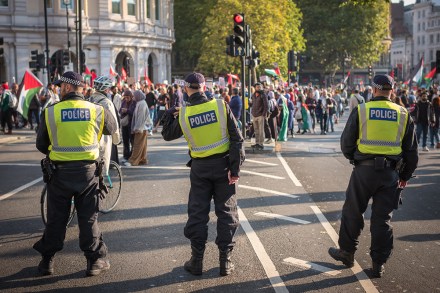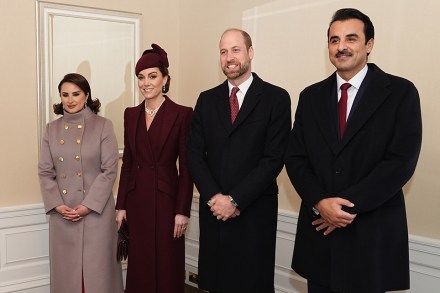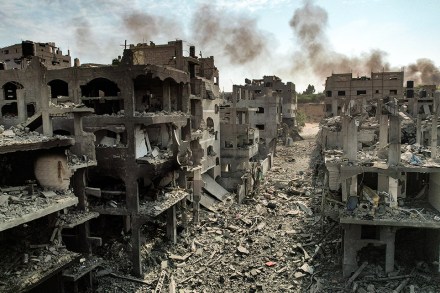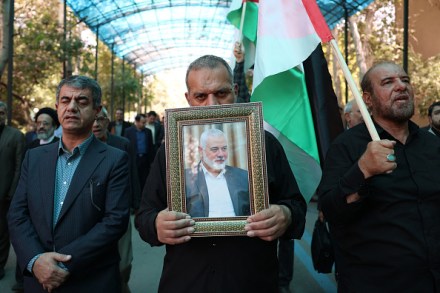Letters: The difficulties of reporting on Gaza
Future proof Sir: Douglas Murray asks why Enoch Powell’s ‘Rivers of Blood’ speech understated the problems (‘Imagine what Enoch Powell might have said’, 25 October). The simple answer is that it couldn’t have said everything, but many of the omissions cited are referred to in Powell’s later speeches. During the 1970 general election campaign in Birmingham, for instance, Powell noted that ‘this country is today under attack by forces which aim at the actual destruction of our nation and society as we know or can imagine them’. He gave many examples of a ‘new psychological weaponry’ rendering the majority ‘passive and helpless’ by asserting ‘manifest absurdities as if they were
